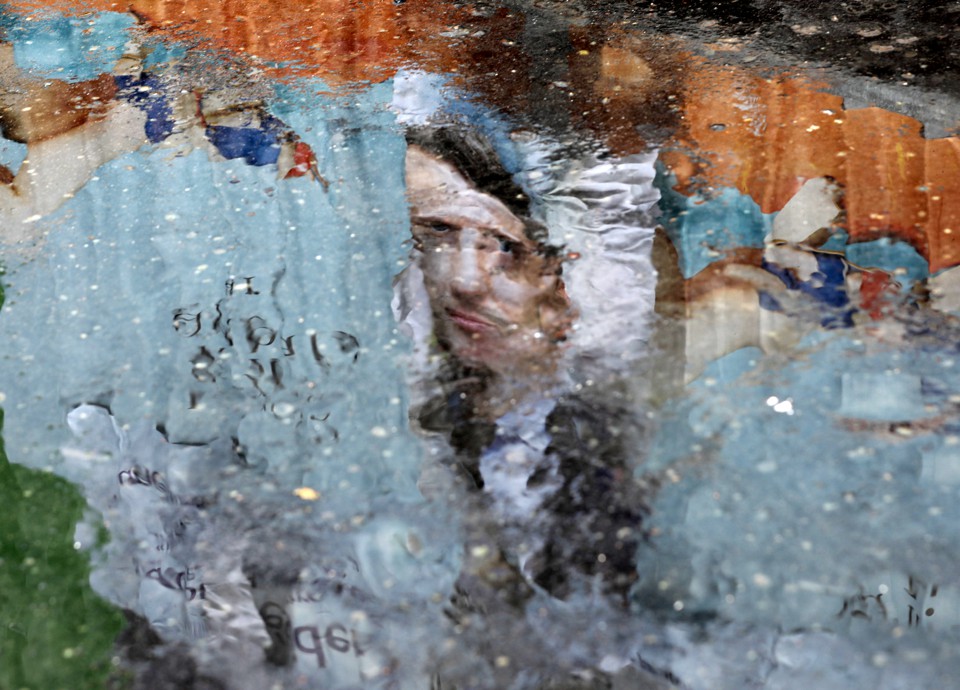The collective sigh of relief over the results of Sunday’s French presidential elections is quickly turning into anxious hand-wringing, as pundits wonder if Emmanuel Macron can even govern such a divided and fractious country. In The Atlantic, Uri Friedman examines the low voter turnout and looks toward this summer’s French parliamentary elections, which may only serve to increase political gridlock. In the long run, will a Macron presidency leads to more frustration with governing elites and renewed support for Le Pen? Read an excerpt from Friedman’s piece below, or the full text here.
But Macron’s victory could further fracture French politics rather than bridge the country’s political divisions, illustrating a challenge confronting many democracies at the moment, especially in Europe: A disenchanted public has blown up the political establishment, but it’s difficult to then fashion a well-functioning government out of the pieces. This can produce more disillusionment with politics, not less…
In these scenarios, the election of Macron would have the opposite effect of what his supporters intend: A man elected to finally get things done would struggle to get things done; a man elected to break with the traditional parties would have to work closely with them. Desires for political change and disillusionment with government might only grow.
This vicious circle is playing out across Europe, where frustration with establishment politics is hollowing out center-right and center-left parties, splintering the political landscape into an array of small- and medium-sized parties competing for influence. “The more fragmentation occurs, the more difficult it’s going to be [for fragile, unstable coalition governments] to pass any type of coherent policy program,” the political scientist Robin Best told me after the Dutch election. “And voters are probably going to end up being even more dissatisfied” and inclined toward protest votes and politicians on the political extremes.
Image via The Atlantic.
